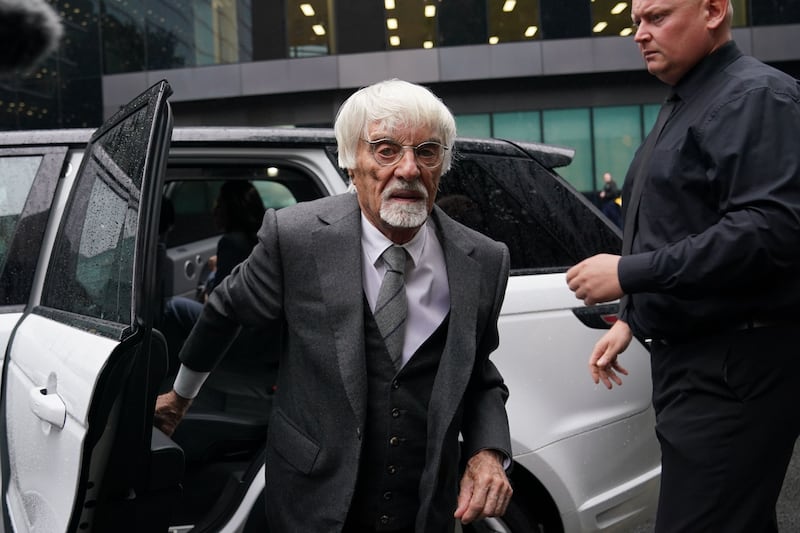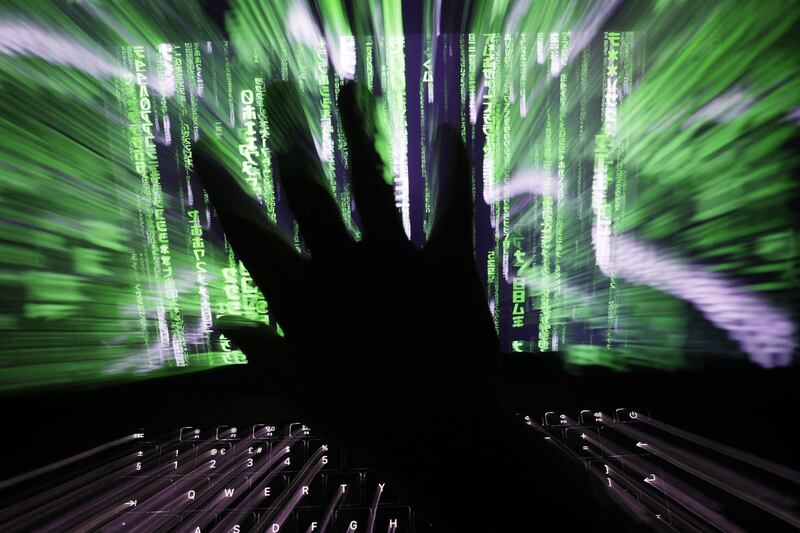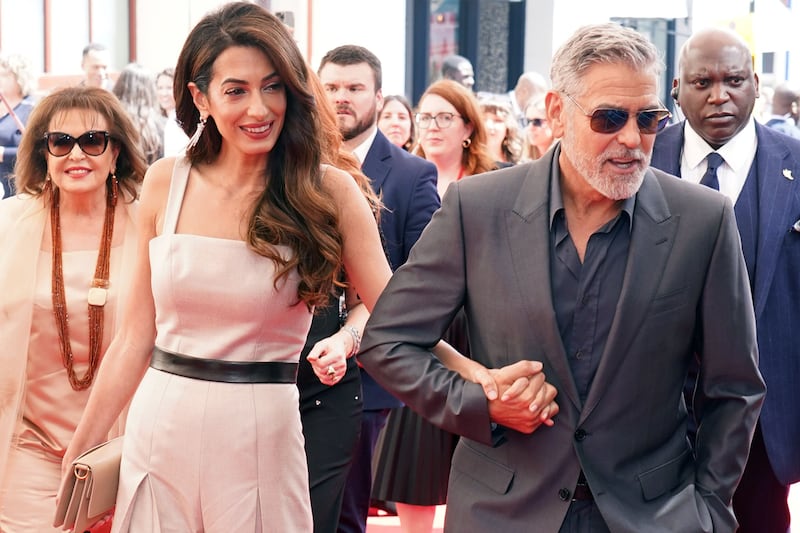WHEN you live alone, you realise just how much we trust strangers with our lives.
From the moment we're awake. We trust that water's drinkable. That breakfast's edible. That milk's pasteurised. That electricity's safe.
That phone lines function. That brakes are working. That rules of the road are observed. And on. And on.
We routinely trust 'unknowns' across society to keep us alive and functioning.
It struck me again last week. I'd been on the waiting list for a fairly routine operation.
I was offered a standby appointment and took it. Just 24 hours later, I had strangers reading me through consent forms, rendering me unconscious with drugs I couldn't name, slicing me open with blades I couldn't see, carrying out surgery on 'insides' I'll never touch, sewing me up again with great care, bringing me round gently in the recovery room, and handing me over to a relative a few hours later.
Total trust. No interview process. No professional referees. No background research. No personnel checks.
Total trust for strangers in our social healthcare system. And they were wonderful. Sometimes that may not be everyone's experience. But mine was first class.
Trust between human beings is a prequisite for a functioning society. Often our trust flows from life education, experience and instinct. A positive outlook about others always helps.
Last November, Ipsos Mori published its annual 'Veracity Index' surveying which professions are most trusted by the public in Britain.
Once again, nurses and doctors came out on top with, respectively, 96 per cent and 92 per cent of the public trusting them to tell the truth.
There are also reportedly high levels of trust - between 76 and 83 per cent - for rule of law professionals, such as police and judiciary.
At the other end of the scale, the bottom four professions - those reportedly least trusted by society - are advertising executives (16 per cent), politicians (19 per cent), government ministers (22 per cent), and journalists (26 per cent).
Trust levels appear to be affected by social factors such as education and social income, as well as variable experiences like separation or divorce, the least trusting sector.
The survey suggests an interesting dichotomoy.
Society largely trusts people - whom we usually don't even know - with our lives and health.
Yet society largely distrusts people - whom we 'think' we know - while handing them the franchise of our democratic votes and values.
Perhaps it's simply about differing definitions of trust.
Perhaps it's also because public service roles are usually anonymous. We often only hear about individual nurses, doctors and medics when they have performed heroics - beyond their daily miracles - or when something bad has happened.
By contrast, we now hear about individual public figures, especially politicians and media, constantly, continuously, relentlessly - regardless of what they've done or not done.
That's not to disregard many incredibly committed and effective people working on all sides in public life.
However, public communication is now often the end in itself and it's becoming a socially destablising phenomenon - an influence that damages trust and authenticity.
Social media and 24-hour news cycles have made communications the 'objective' to be delivered, not just the 'means' for engaging a greater public good.
That's one of several reasons why so much public uncertainty and political treachery is still at play in relation to Brexit.
Nowadays it's possible to proclaim public principles at the same time as one plays private footsie across various WhatsApp groups.
And the public naturally becomes more cynical as these political games unfold.
In that sense, public trust and private trust are similar creatures. They both rely on the wise investment of some manageable risk - believing that the recipient is reciprocable, dependable and honest, whether professionally, politically, publicly, or personally.
Trust is ultimately a contract between two people, a transaction of vulnerability that exchanges truths and understandings.
Trust isn't built on media, whether social or mainstream. Rather it's founded on the bricks and mortar of interpersonal experience. And it's never good when it's broken - intentionally or carelessly.
So maybe the answer starts with us as individuals. We should invest more in our interpersonal relationships - with virtues of giving, caring, humility, honesty; and divest more from social media - withstanding its fakery of cynicism, narcissism, hypocrisy.
After all, we can't blame politics for causing distrust if we, ourselves, are habitually contributing to that negative, vicious circle.
Trust is a mighty gift to gain and a terrible loss to lose. We need to work harder at sustaining it - in every sphere.
And learn something from the values of our nurses and doctors: it's about deeds, not just words.








